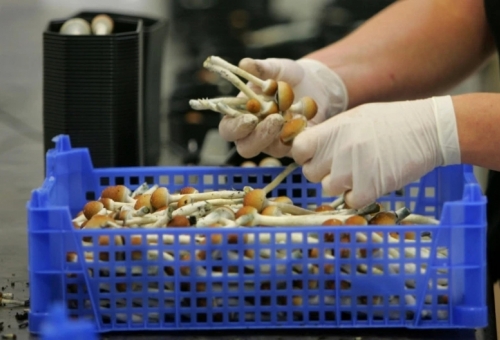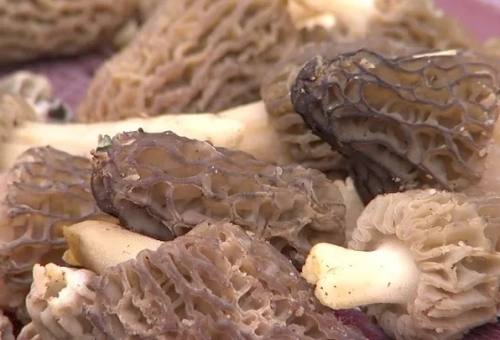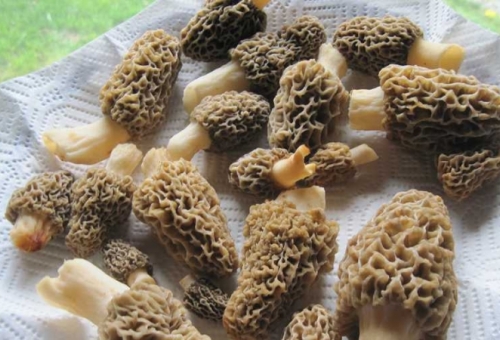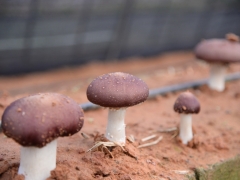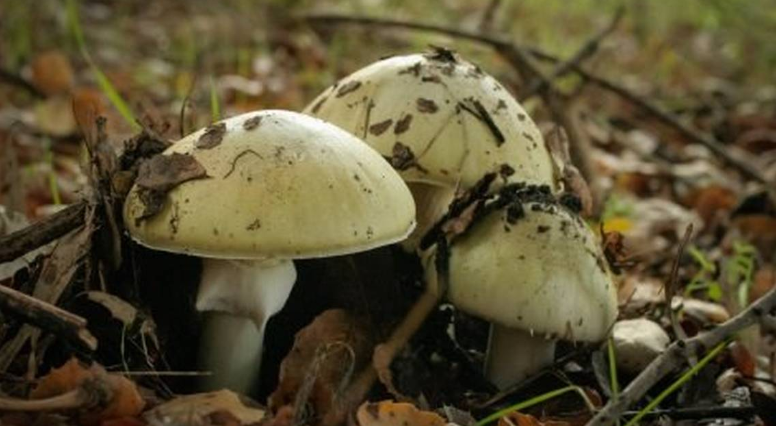
With all the rain this summer, an astonishing number of mushrooms have been popping up all over lawns. And ever-curious dogs are eager to check them out — and eat them.
But is it OK to let your dogs eat those wild mushroom snacks?
“The answer is always no,” says Dr. David Dorman, a veterinary toxicologist at N.C. State University’s College of Veterinary Medicine in Raleigh.
“In North Carolina we have lots of different types of mushrooms and about a third of them can be toxic,” Dorman says. “You can’t look at them and determine if they are safe, so the best thing for owners to do is not let dogs eat mushrooms.”
Dorman says the vet school emergency clinic has seen a number of mushroom poisoning cases this year. Earlier this year, two Raleigh dogs were killed and four others became seriously ill after eating a poisonous mushroom called a “Death Angel.”
Dorman’s advice actually extends beyond pets to humans. He says people will sometimes try to harvest wild mushrooms and eat them — but that is also a very bad idea.
What to do now
The best defense is a good offense. If you see mushrooms in your yard, Dorman says to remove the entire mushroom, including the base out of the ground, bag it and throw it way. Be sure to wear gloves so that you don’t expose yourself to potential toxins.
“Be vigilant,” Dorman says. “We’re going to have quite a few mushrooms because the weather is so wet.”
Dorman also notes that while some species such as turtles can identify which mushrooms are edible and which they should avoid, dogs and other pets cannot. So it’s up to their humans to remove those dangers.
What are the symptoms of mushroom poisoning?
Dorman says the symptoms can vary depending on the type of mushroom ingested, but look for signs of gastrointestinal upset or bizarre behavior.
“In general, the clinical signs we see are vomiting, diarrhea and gastrointestinal upset,” he says. “Some dogs can develop kidney and liver failure, and that can occur hours to days after exposure. They can become weak, stop eating and act depressed.”
Some mushrooms are hallucinogenics, so they can cause neurological effects. Watch for any abnormal behavior.
If your dog eats a mushroom
The first thing to do if you see your dog eating a wild mushroom is to immediately stop it from consuming more, Dorman says.
Then collect any remaining mushroom — including the base underground — bag it and take the mushroom and the pet to a veterinarian right away.
“Treatment is most effective if that treatment can begin sooner rather than later,” Dorman says. “And by bringing the mushroom to the veterinarian, they can identify the type of mushroom and the best action to be taken.”
Resources for animal poisoning
There are two good poison control hotlines that owners can use to get advice if they think their pet has ingested poisons. Both services are fee-based, but recommended by Dorman. In a pinch, Google “animal poison control” or go ahead and put these numbers in your mobile phone now.





